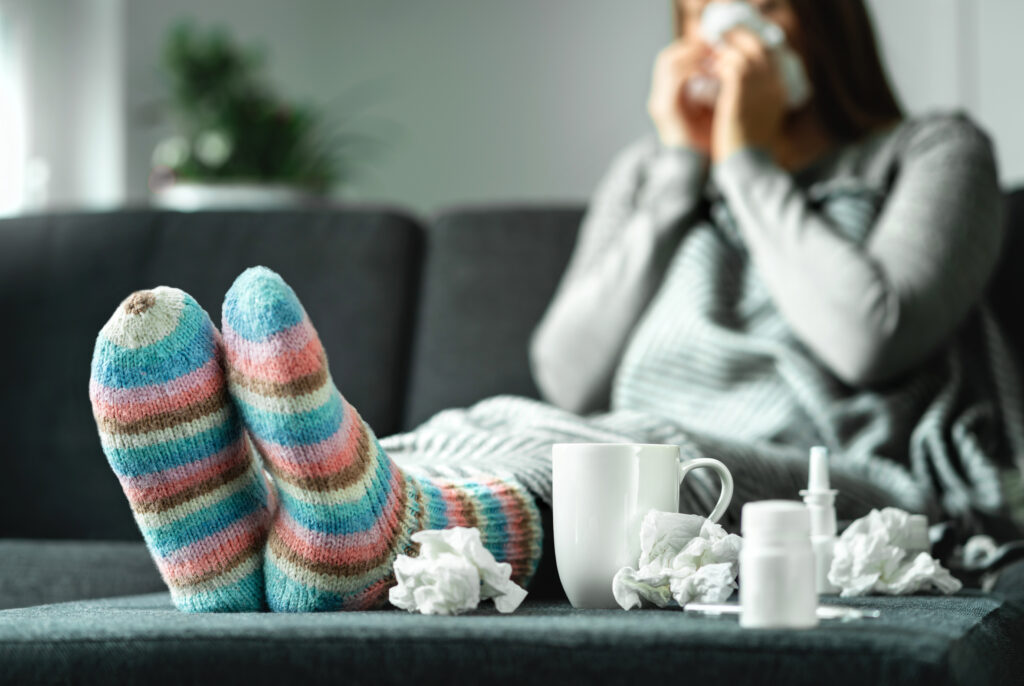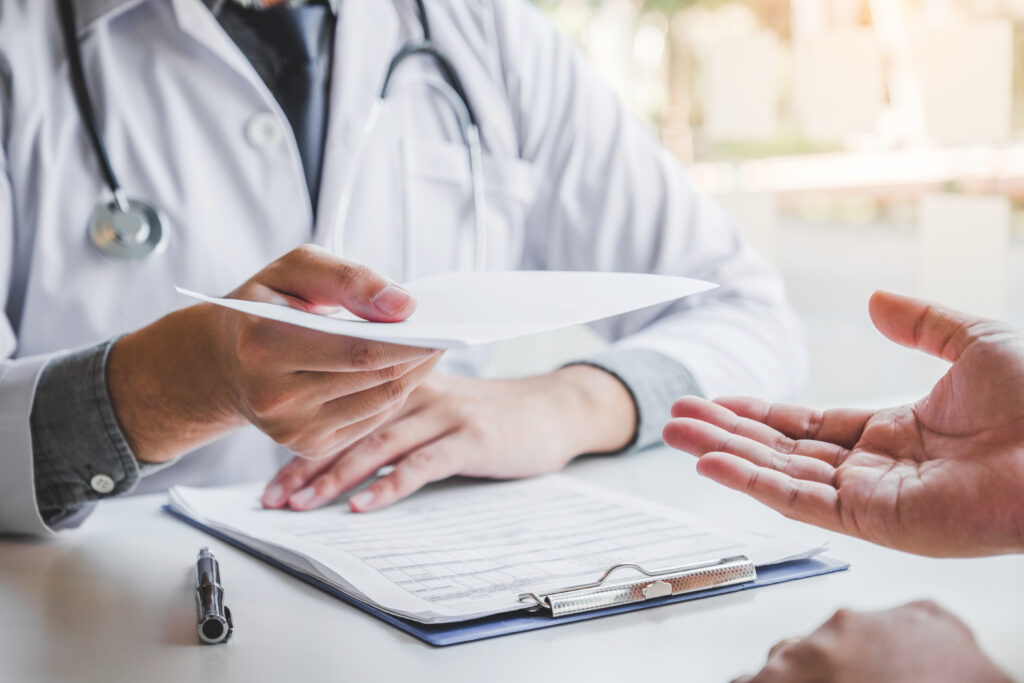A Senate inquiry into universal access to reproductive healthcare has led to organisations speaking out about the inadequate pregnancy care available to international students in Australia.
Those on student visas are not eligible for Medicare and instead must take out Overseas Student Health Cover (OSHC). The terms of that cover exclude any pregnancy care for the first year.
According to the International Student Sexual Health Network (ISSHN), this has led to “access and equity challenges, resulting in university dropouts, reluctant abortions, sex work to pay for unplanned children and severe mental health issues compounded by multiple terminations”. ISSHN and other organisations are calling for a better deal for students when the government renegotiates the deed with health insurers in July.
With that in mind, sexual literacy is extremely important when studying abroad, particularly in countries like Australia where attitudes to sex and dating can be quite casual. While the topic might be a little uneasy for some, it’s crucial to make informed choices when it comes to any kind of sexual activity.
Here are some facts about sexual health every international student in Australia needs to know.
Fact #1: Safer sex is better sex
Practising safe and responsible sex means reducing the risk of sexually transmissible infections (STIs) and unplanned pregnancies by using protection such as condoms, both internal and external, and oral/dental dams. It also means making sure that your sexual partner is caring for their sexual health, including regular STI checks.
Even if you’re having protected sex, it’s still important to get routinely tested for STIs. Visit your regular GP or a sexual health clinic for more information on getting screened.
Fact #2: Consent matters
Whether you’re having sex for the first time or not, you need to be sure you’re ready and are not being pressured into it. Stay true to yourself, you’ll know when the time is right! You should also consider what you are comfortable doing or not doing, and with whom.
Remember that safe sex also involves having a safe and mutually agreed-upon experience with the other person/people. Respect, consent and responsibility are crucial in any sexual interaction, and you are totally within your rights to request that you or your sexual partner use protection. If the other person refuses, it’s no longer safe sex.
Even if the sexual act has begun, you can change your mind and stop at any time. Ask questions if you are unsure about something and consider having an open and honest conversation with your partner about your sexual experiences, likes and dislikes.
Fact #3: International students can access sexual health clinics in Australia
If you’re sexually active, it is important to take care of your sexual health. You can do so by having regular sexual health checks.
You don’t need a Medicare card to access healthcare, including sexual health, in Australia – your OSHC will cover this.
To have your check done, chat to your GP or visit a sexual health clinic in your city. You can find your nearest sexual health clinic by exploring the website relevant to your state:
- New South Wales
- Queensland
- Victoria
- Tasmania
- Northern Territory
- Western Australia
- South Australia
- Australian Capital Territory
Family Planning NSW has also launched a very helpful sexual health fact sheet for anyone considering a sexual health check.
Fact #4: Sexual health checks don’t need to be awkward
You may feel uncomfortable, awkward or embarrassed to meet with a doctor or nurse and discuss your sexual health. But, remember that for a health professional, these checks are a normal part of their job. Plus, everything you reveal is kept confidential.
Most sexual health checks involve a urine test, blood test or a swab – rarely does it involve looking at your genitals. Part of the check-up will also involve talking about your sexual health history. This means that they may ask you some difficult or private questions. You can be assured everyone is asked the same questions. Your answers will not be judged. Rather, they help the clinician to know what your possible risks may be and what tests they need to do.
So, don’t hesitate to provide honest answers to even the most personal of questions regarding your sex life, body and state of mind. This will ensure you receive the best advice for your unique situation.
Fact #5: Australia has a range of contraception options available
There are plenty of contraception options in Australia that allow you to have an enjoyable and safe sexual experience, including condoms, intrauterine devices (IUDs) and the contraceptive pill. Contraception prevents unplanned pregnancy, whereas protection (like condoms) prevents unplanned pregnancy and protects STIs from being passed from one person with an infection to another.
It’s not a case of ‘one size fits all’ when it comes to contraception. Each form of contraception has its own pros and cons. Do your research and chat to your doctor about the different options available to you, and figure out which one would best suit your lifestyle and needs.
If you’d like to learn more about your contraception options in Australia, make sure to check out our guide.
Fact #6: Contraception is about choice
You can get certain contraceptive medications and devices quite easily in Australia. For instance, condoms are available in supermarkets and pharmacies. Emergency contraception is available from pharmacies without a prescription.
Your GP or sexual health clinic can assist you in accessing any form of contraception that requires a prescription or the services of a specially trained health practitioner. For example, you need a prescription for a vaginal ring and the progestogen-only pill (POP), and doctors or nurses are needed to insert or remove implants and IUDs.
Fact #7: Overseas Student Health Cover (OSHC) may cover some of your sexual health costs
OSHC is designed to help international students with the cost of medical and hospital care in Australia. OSHC can cover 100 per cent of the benefit amount listed in the Medicare Benefits Schedule (MBS), depending on the medical service. The MBS is a list of medical services and corresponding fees, and it includes a number of sexual and reproductive health items.
Ask your GP or your medical clinic to give you the MBS item number relevant to the service you are seeking before attending your appointment. Then you can then search the MBS to check the approximate benefit amount your OSHC will cover. You should also ask whether your GP or the medical clinic will provide direct billing to your OSHC provider. Direct billing is an arrangement between an OSHC provider and a GP/medical clinic, where bills for services are sent directly to your OSHC provider. This means that you do not have to put in a separate claim with your OSHC provider.
You can also ask about any out-of-pocket expenses you may incur. If you have any questions about this process, ask your OSHC provider directly.
As a side note, if you’re confused about OSHC and sexual health, you’re not alone! PhD candidate and Research Officer at the University of New South Wales, Sylvester Okeke, found in the Consultations for the International Student Health Hub: Key Findings that most of the international students surveyed want more information regarding OSHC coverage of sexual health costs. Importantly, many OSHC providers offer discounted vaccinations for HPV (human papillomavirus) and Hepatitis B, which are crucial for sexual health.
Fact #8: Help with translation is always available
If you need language support when you visit your GP or local sexual health clinic, you can use the Translating and Interpreting Service (TIS National). TIS National provides access to interpreters over the phone or to attend an appointment in person with you. Most TIS National services are provided free of charge to non-English speakers.
TIS National offers immediate phone interpreting, pre-booked phone interpreting or on-site interpreting (where an interpreter will come to your appointment with you). Check the TIS National website for more information.
To learn a bit more about the importance of women’s sexual and reproductive health, check out this video by the Better Health Channel.





